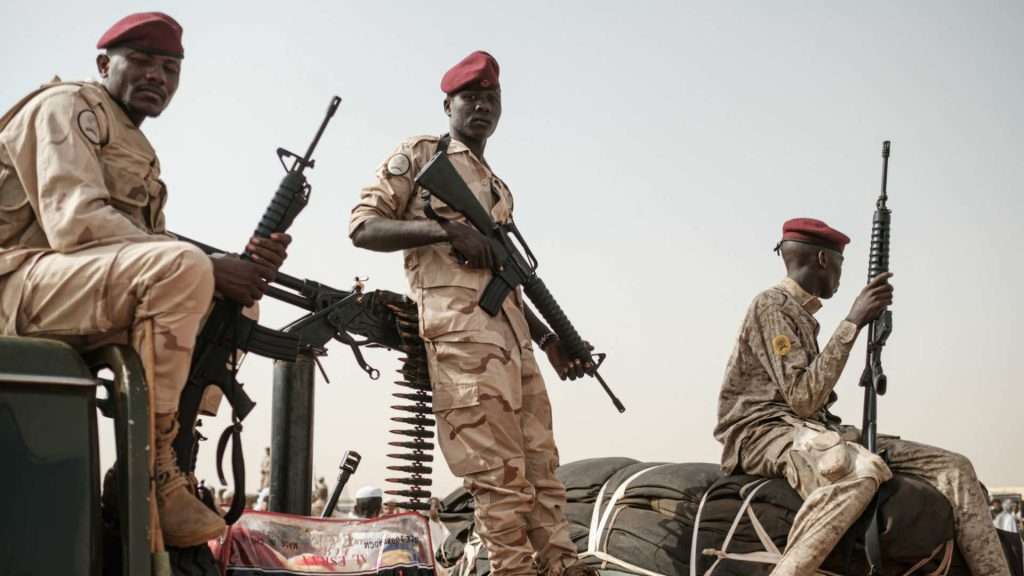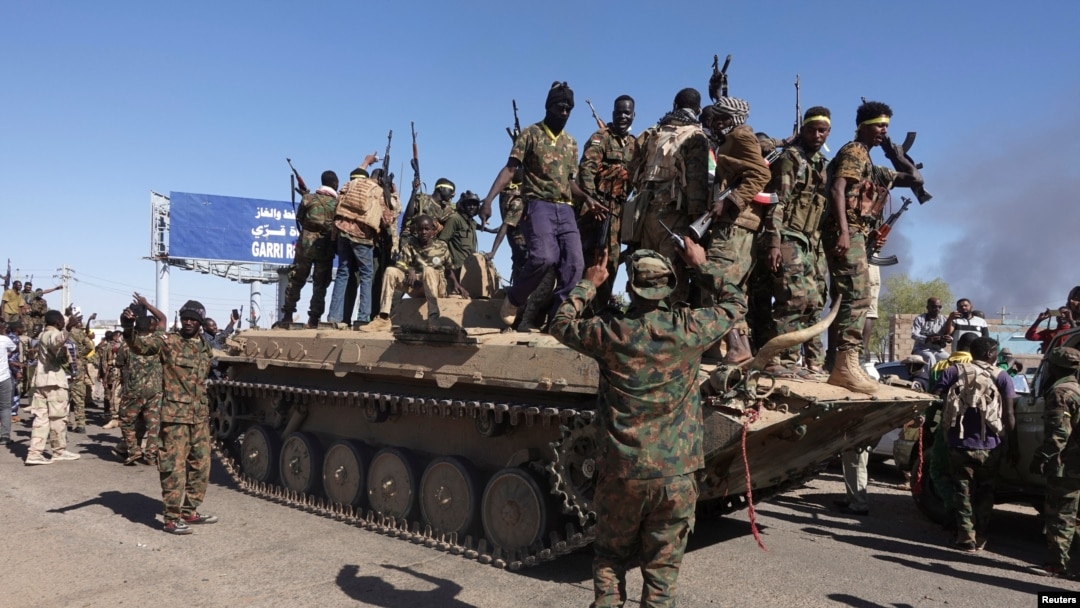Sudan: oil-rich region becomes new focus of civil war

Sudan’s oil-rich Kordofan region has become a major front line in the war between the army and rival paramilitary forces, as reported by BBC News on July 23rd. Both sides are attempting to gain the upper hand in a conflict that has devastated the vast African state for more than two years.
Attacks that killed hundreds of civilians earlier this month have shifted attention to the battle for this part of the country.
“Whoever controls Kordofan effectively controls the country’s oil supply, as well as a huge chunk of Sudan,” stated Amir Amin, an analyst with risk consultancy Oasis Policy Advisory.
The region is also vital for landlocked South Sudan, as its oil flows through pipelines in Kordofan, before being exported; therefore, the country has a vested interest in Kordofan’s stability.
Yet the battle for the central region – which is made up three states, with a population of close to eight million – has intensified since June, when the army focused on regaining territory from the Rapid Support Forces (RSF) following its significant gains in the preceding three months: their recapture of the capital, Khartoum, and the neighbouring Gezira state, which is the agricultural hub of Sudan.
Sudan’s military leader Gen Abdel Fattah al-Burhan flew into Khartoum’s main airport on July 20th, his second visit to the city since his troops drove out RSF fighters in March.
Gen Burhan remains based in the eastern city of Port Sudan, suggesting that he is still not confident to return permanently to Khartoum, now a burnt-out wreck.
The conflict has claimed the lives of about 150,000 people and forced about 12 million others from their homes.
The RSF seized Khartoum soon after the war started in April 2023, following a dispute between Gen Burhan and his then-ally, the paramilitary group’s commander, Gen Mohamed Hamdan Dagalo.
The RSF helped Burhan stage a coup in 2021 and crush dissent until they turned on each other after Gen Dagalo resisted his plan to integrate the paramilitary force into the army.
The conflict has only spread and deepened since. Military airstrikes earlier this month in West Kordofan have antagonised local people, and though the army still controls oil fields in the region, the RSF have threatened to expand the war to oil-producing Heglig, near the border with South Sudan, if the air bombardment does not stop.
“If the army’s aviation returns again and bombs citizens in West Kordofan state, we will strike and shut down Heglig’s oil and kill the engineers,” Youssef Awadallah Aliyan, the head of the RSF’s civilian administration in the state, was quoted as saying by the Sudan Tribune.
The United Nations Office for the Coordination of Humanitarian Affairs said the strikes reportedly killed more than 20 people. They condemned the attacks, saying that civilians and civilian buildings – including schools, homes, and shelters – should “never be targeted”. They voice that both warring groups should uphold international humanitarian law.
With the stakes high, the battle for Kordofan is expected to be long and protracted. “Whether or not it will decide the victor of the war is up for debate, but it definitely will be a seismic shift,” analyst Mr. Amin stated.
BBC News, Maghrebi.org
Want to chase the pulse of North Africa?
Subscribe to receive our FREE weekly PDF magazine













